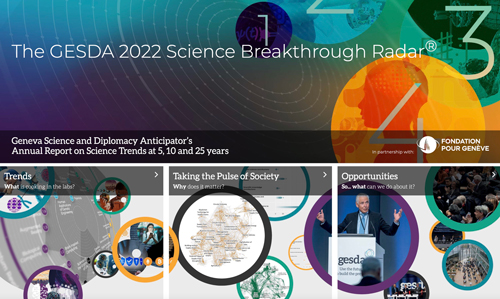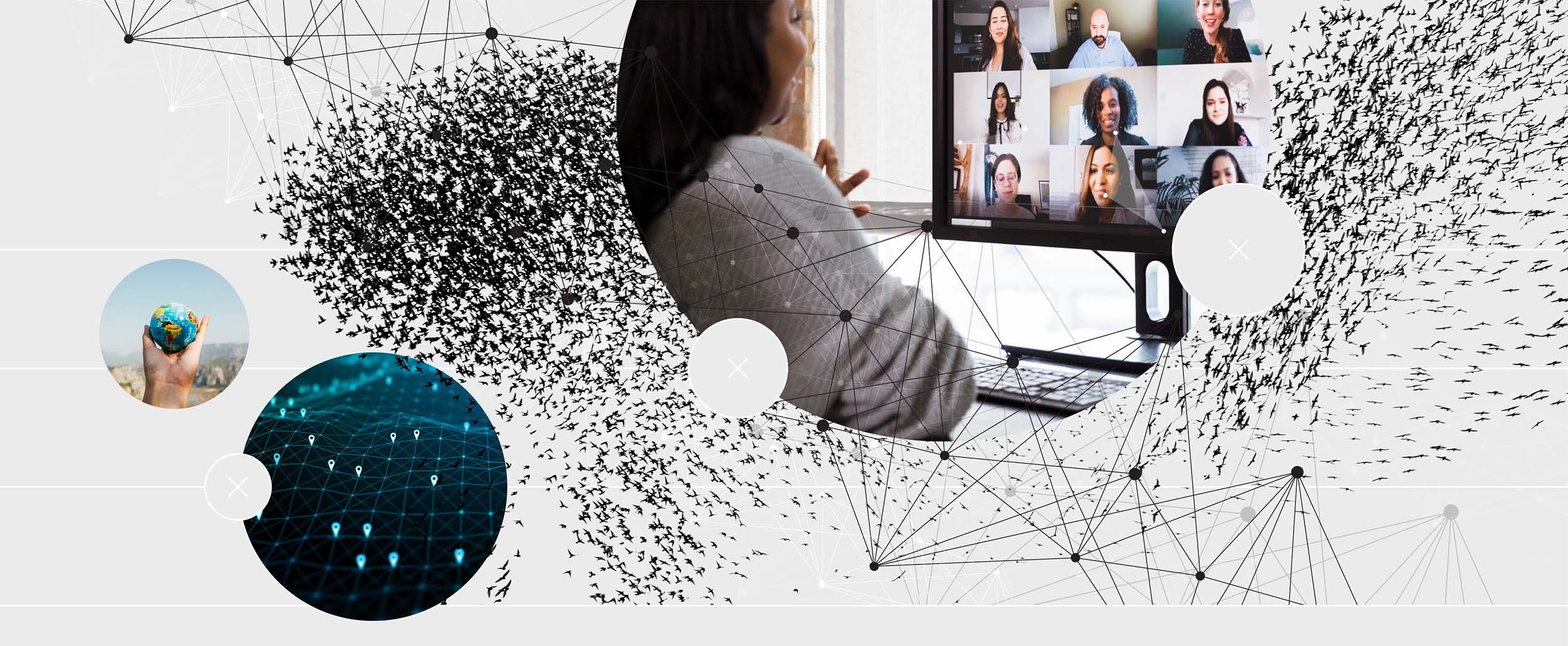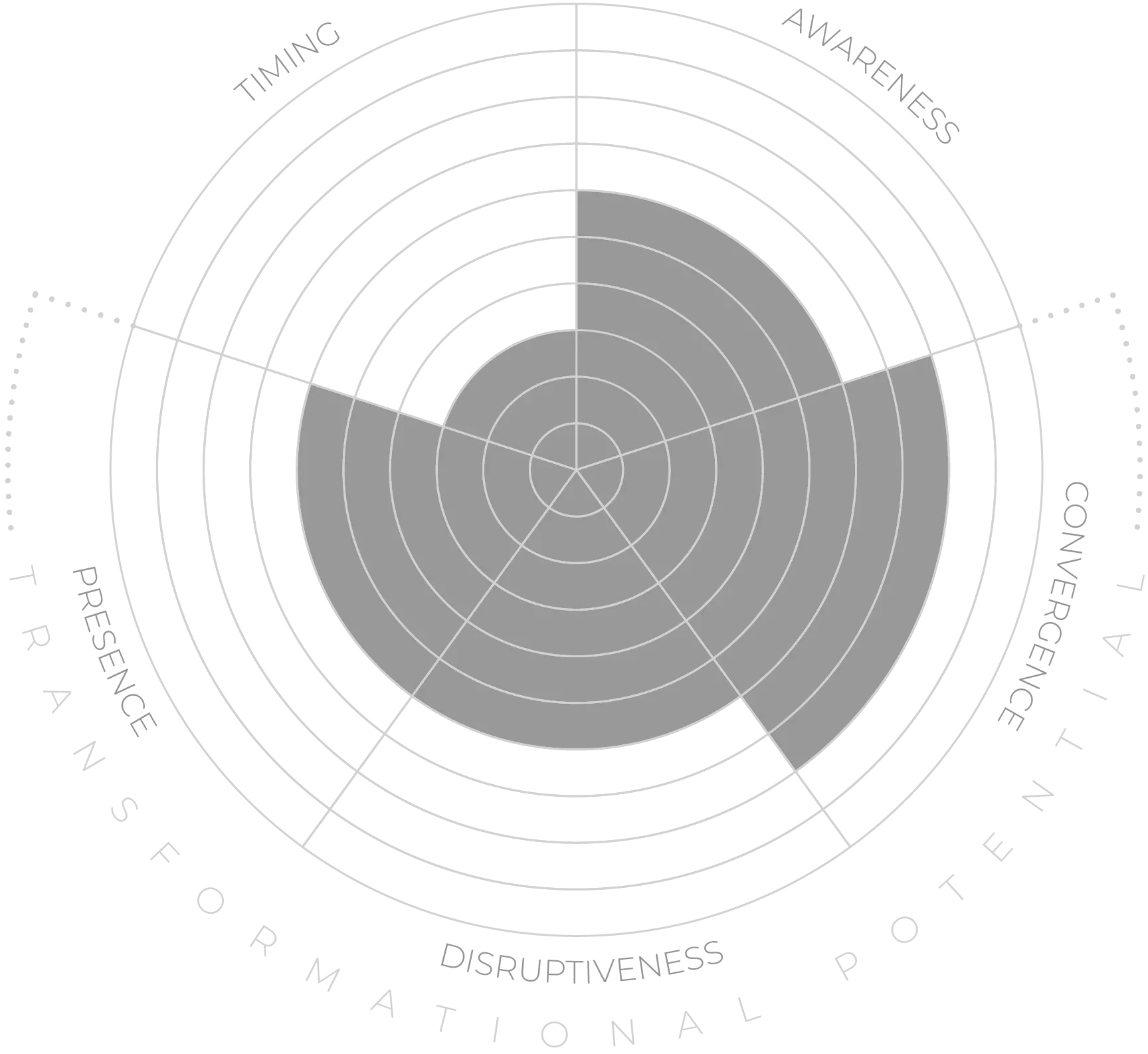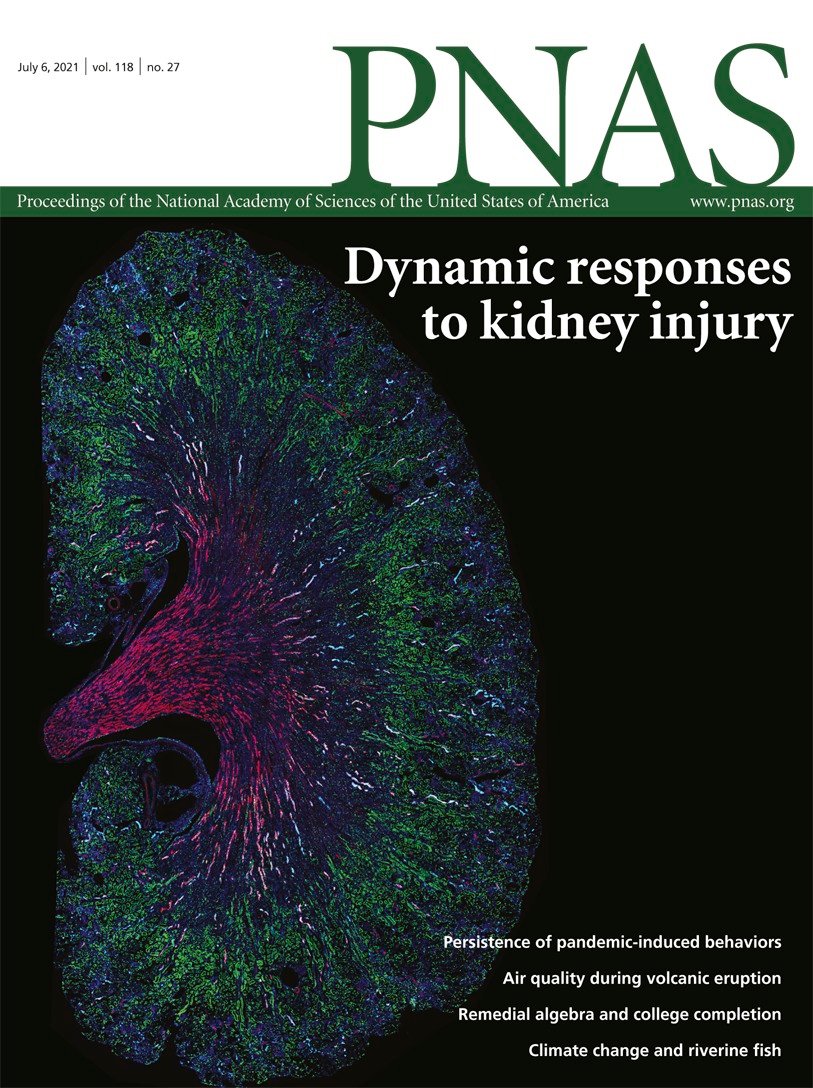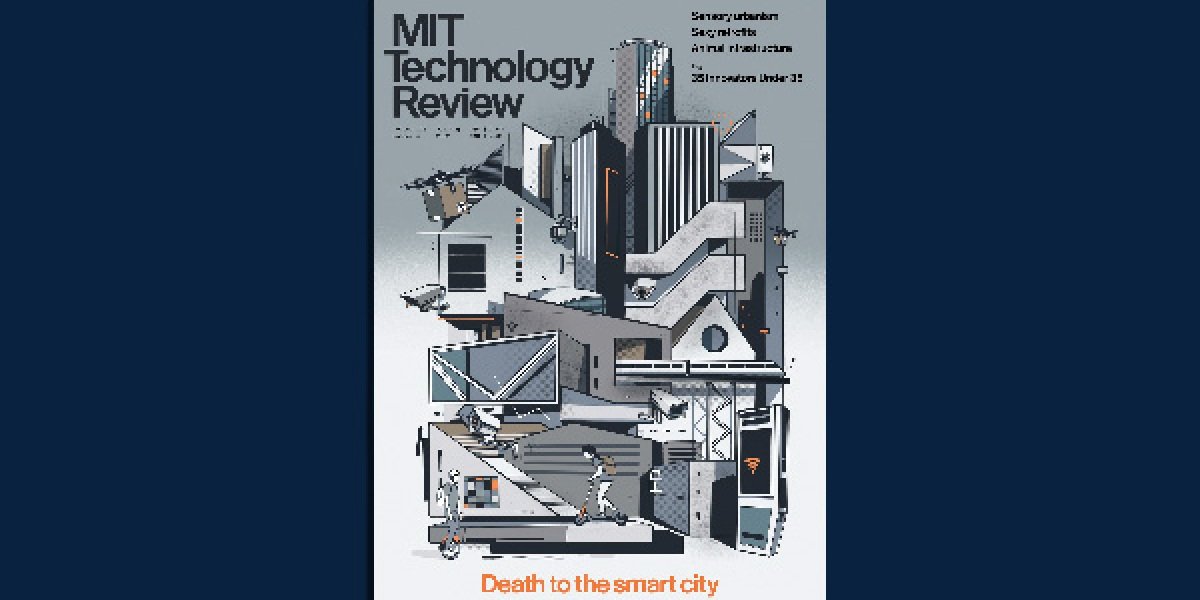Technology that enhances collective behaviour clearly has an important role to play in bringing people together, in supporting their collective behaviour and in ensuring its fruitfulness, which is why so much work is being done on collaborative tools.
However, collective behaviour does not always produce the intended or best results. Groupthink and herding behaviour can push groups towards dangerously wrong-headed actions and amplify negative trends, such as racism, unhealthy behaviours and online hate.7 Computer modelling provides a way to study how collective intelligence emerges (and why it sometimes doesn’t).8 Large-scale real-world experiments can help to calibrate these models, provided they can be carried out within a suitable ethical framework. The same models can be used to explore negative outcomes, making it possible, in principle, to find ways to avoid problematic scenarios.
